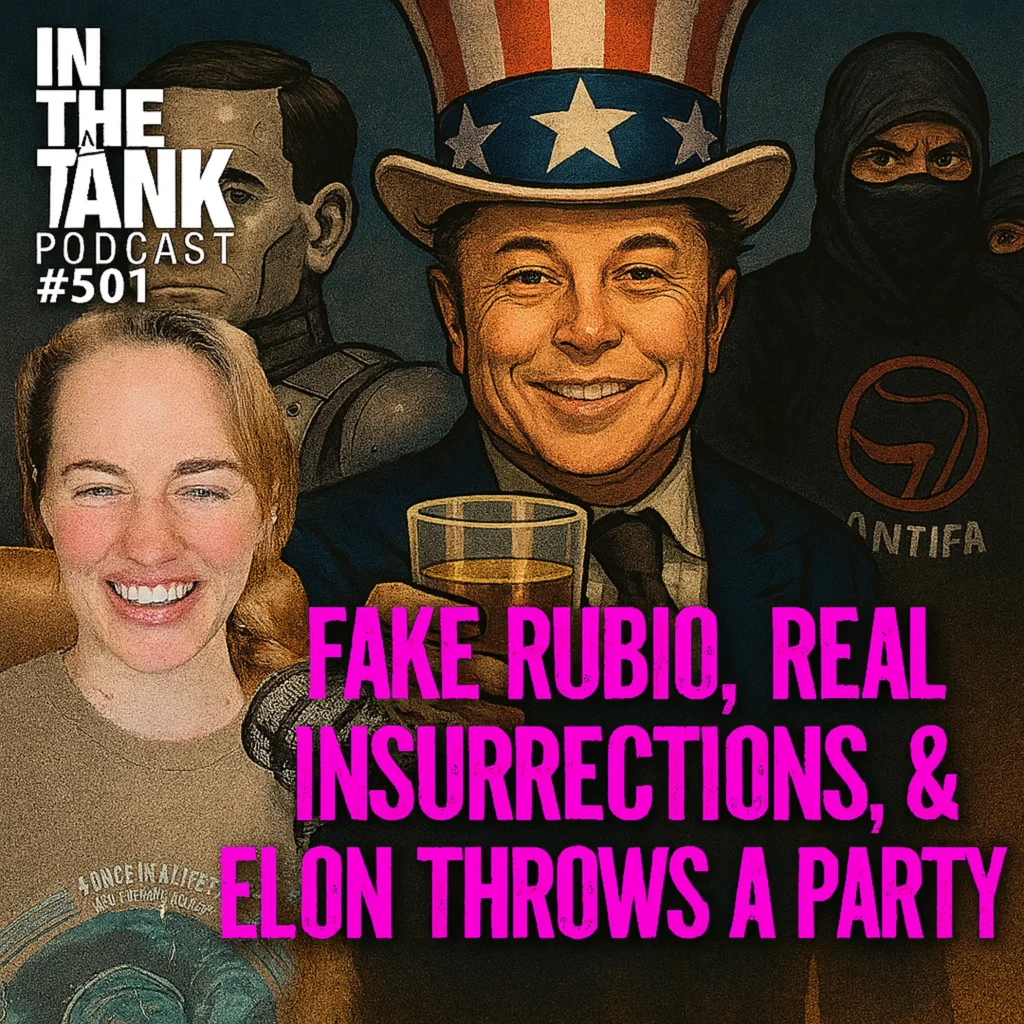CHICAGO (May 17, 2010) – Attendees at the Fourth International Conference on Climate Change here who hoped to stock up on ammunition to battle global warming alarmists got locked and loaded Monday.
But few expected the literal cold slap by climate change geologist Don Easterbrook.
“Global warming is over at least for a few decades,” Easterbrook told a breakout section of the two-and-a-half day conference attended by more than 700. “However, the bad news is that global cooling is even more harmful to humans than global warming, and a cause for even greater concern.”
Easterbrook, emeritus professor at Western Washington University and one of 75 elite climate and policy experts presenting at the conference, documented geologic evidence for sudden climate fluctuations of warming and cooling — all of which occurred before 1945, when carbon dioxide began to rise sharply.
Ten abrupt changes occurred over the past 15,000 years, and another 60 smaller climate changes occurred in the past 5,000 years, he told attendees.
Based on new analysis of ice cores from Greenland to Antarctica, Easterbrook said global temperatures rose and fell from 9 to 15 degrees in a century or less — temperature swings that he said were “astonishing.”
“Expect global cooling for the next two to three decades that will be far more damaging than global warming would have been,” he said, noting that:
- Twice as many people are killed by extreme cold than by extreme heat.
- Global food production will suffer because of shorter, cooler growing seasons and bad weather during harvest seasons.
- Energy consumption will rise, and consumer prices will rise along with it.
- Political and social instability could result as the world population grows 50 percent in the next 40 years while food and energy demand soars.
Easterbook was among 75 climate scientists, economists, and policy makers at the conference, sponsored by the Chicago-based Heartland Institute and 67 co-sponsoring organizations from 28 countries.
In other presentations Monday:
- Richard Lindzen, Ph.D., professor of atmospheric sciences at MIT, reiterated a theme echoed throughout the dozens of break-out sessions and keynote speeches. He declared that man-made global warming “is trivially true and essentially meaningless.” He accused scientists who warn of crisis-level global warming of trying “to support the data (they have created) and not to test the hypothesis.” He said computer models of climate change “cannot be tested by comparing models to models.”
Lindzen led the audience through a detailed review of current data on global warming and concluded that skeptical scientists “should stop accepting the word ‘skeptic'” as a characterization. He said the current alarms raised about the threat of global warming don’t “represent a plausible proposition. … Unprecedented climate catastrophes are not about to happen, though in several thousand years, we may have another ice age.”
- Pat Michaels, Ph.D., senior fellow at George Mason University, called for the creation of a new peer-reviewed journal to run online. Michaels, who has appeared in peer-reviewed journals countless times over his long career, cited the Climategate scandal as evidence that the peer-review process for climatologists “has gotten worse” in the past few years. He cited Climategate emails from the Climatic Research Unit at East Anglia University in which influential scientists threatened to end the careers of editors and publishers who accepted articles from Michaels and other skeptical climatologists.
- Former Virginia governor George Allen, head of the American Energy Freedom Center, asked the audience to rephrase a common complaint about dependence on foreign oil. Allen urged, “Say that Americans are addicted to freedom and prosperity.”
He said Americans “don’t care where energy comes from as long as it’s affordable and reliable,” and he called for lighter regulation to encourage development of nuclear power, coal gasification, and liquification of natural gas. Referring to successful French efforts to reprocess spent nuclear fuel, Allen declared, “If the French can do it, so can Americans.”
- Economist Ben Lieberman, senior policy analyst at The Heritage Foundation, warned about the implications of the Kerry-Lieberman carbon-tax bill — a successor to the moribund Waxman-Markey cap-and-trade bill. “If there is one overall theme to the economics of cap and trade or other proposed global warming abatement measures,” he said, “it is that there is absolutely no cheap way to curtail carbon dioxide from fossil fuels and other greenhouse gases. … Inflicting economic pain is not some unintended consequence. It is how any system works that is designed to reduce carbon emissions.”
Video of several keynote presentations from the event, as well as many panelist PowerPoint presentations, is available online at www.heartland.org.
The Fourth International Conference on Climate Change continues Tuesday with presentations by scientists, economists, public policy makers, and communicators under the theme “Reconsidering the Science and Economics of Global Warming.”



